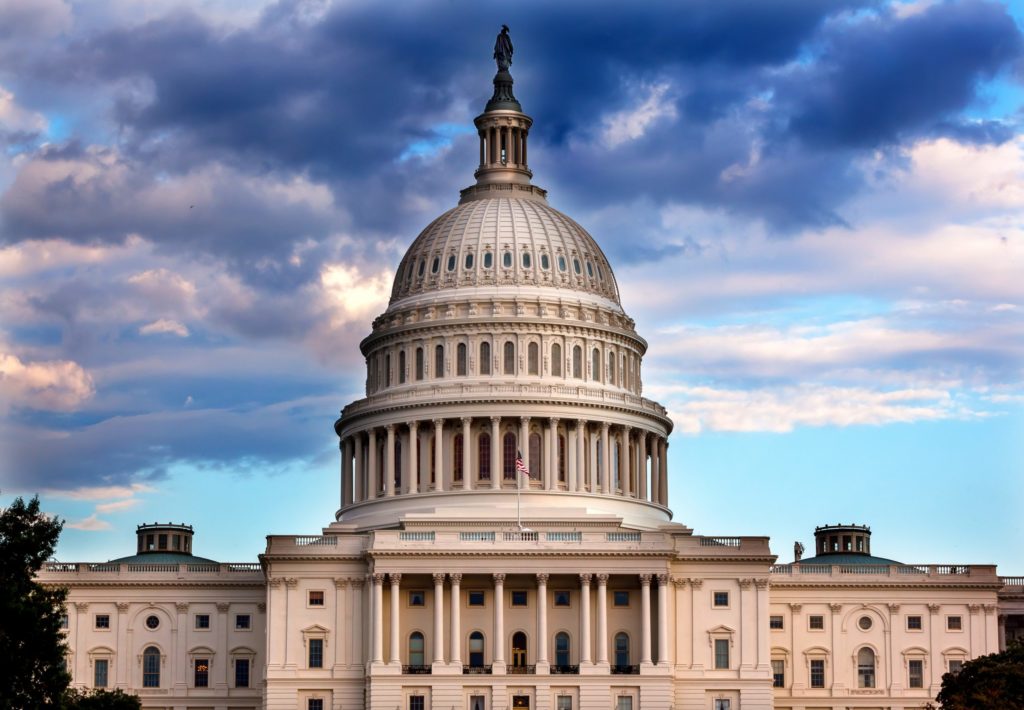More rail trouble could be on the horizon
Economic news over the last few months has been bleak. Whether it’s inflation, supply chain disruptions, or the threat of recession, worrying news abounds.
But among the headlines, there was a topic that briefly bubbled to the surface before being all but forgotten: a potential strike by the country’s railroad workers.
Amtrak, in anticipation, canceled all cross-country routes, but Labor Secretary Marty Walsh averted a strike at the eleventh hour by negotiating quite literally through the night to find an agreement with the workers.
It’s easy to forget about rail. In a time when inflation and potential recession are dominating headlines, transportation issues just don’t seem as interesting.
President Joe Biden has since praised the deal, asserting that it avoided a “real economic crisis” — as if persistent inflation doesn’t count as a crisis.
Of course, the deal is not the final word. Rail workers — and the unions that represent them — have to approve any deal, and it is entirely plausible that the White House’s agreement will ultimately fall apart.
In normal times, a rail shutdown would be an important economic story, but in the current moment of economic uncertainty, the stakes are even higher.
The last two years have been unprecedented economically, with the world’s supply lines slow to recover in the wake of the Covid-19 pandemic. This has been especially true for the nation’s rail system, and a potential shutdown of the country’s rail lines — even if short-lived — would constitute a major shock that could slow economic progress for years.
In recent years, trains tend to capture Washington’s attention only during the omni-present “infrastructure week” or when a new generation gets excited for the potential of high-speed rail. But it can be easy to forget the important strides the rail industry has made during the past several decades.
Before 1980, freight rail was heavily regulated by the federal government, a hindrance on the industry before the Carter administration lifted those regulations as part of a wave of deregulation stretching from commercial airlines and trucki
It’s worth contrasting these efforts with a more recent proposal regarding rail.
Last month, Democratic legislators introduced the Freight Rail Shipping Fair Market Act, which, among other things, would reauthorize the Surface Transportation Board (STB) and “create a fair market in freight rail.”
Although the bill suggests that it would improve the quality of freight rail in the United States, many elements of it are more likely to further disrupt supply chains and raise prices at a time when Americans are already dealing with persistent inflation.
For example, the bill grants new emergency powers to the STB, a reversal of the spirit of the Carter-era reforms and the latest example of the legislature granting more power to executive branch agencies that can easily be abused in the name of dealing with supposed emergencies.
While these powers are sold as a way of improving rail operations, they will likely impose new edicts on the industry — even though the chief obstacle to things like building new tracks is the lengthy permitting processes that the government itself demands.
Other provisions impose price controls — not unlike certain efforts in healthcare — and increase the odds that the STB will involve itself more in the industry’s day-to-day operations. Amid unprecedented economic risks, and the still-looming threat of a strike, piling on more regulations is at best a questionable policy decision.
But if the last few years of government actions have shown anything, it’s that our government often seems glad to run in the wrong direction. Moreover, rolling back new powers to regulate when emergencies are resolved typically proves much harder than enacting such regulations in the first place.
Policymakers on both sides would be wise to take a page out of the Carter playbook and pursue less regulation, not more. Nowhere is this better advice than with respect to the nation’s rail system, an important part of our transportation network that needs to be strong if we are to whip our still-stubborn inflation.









